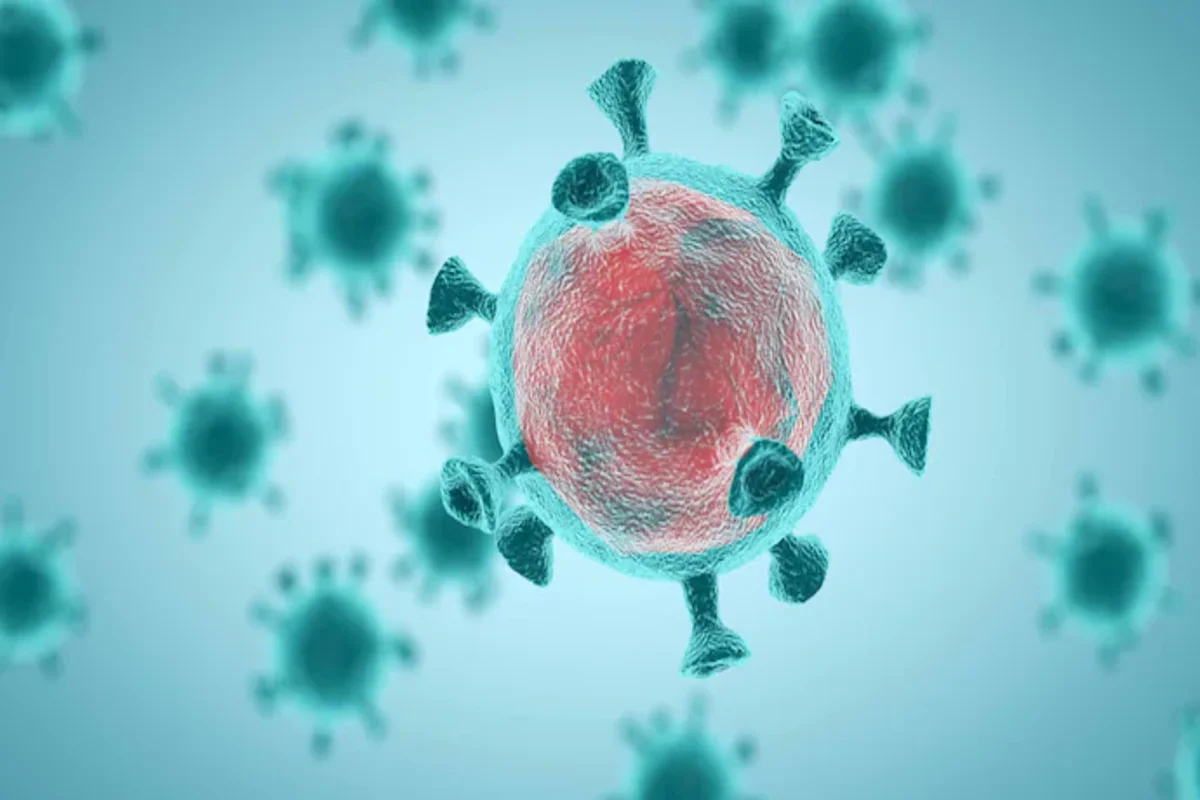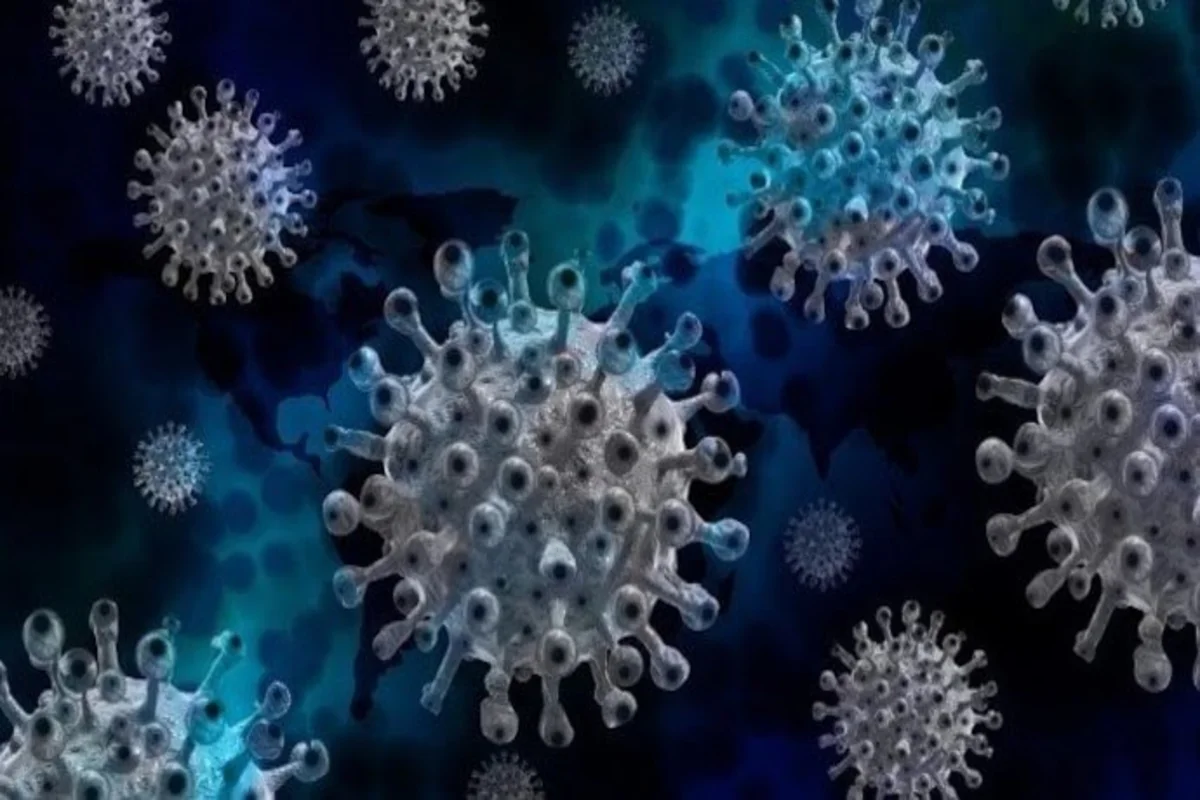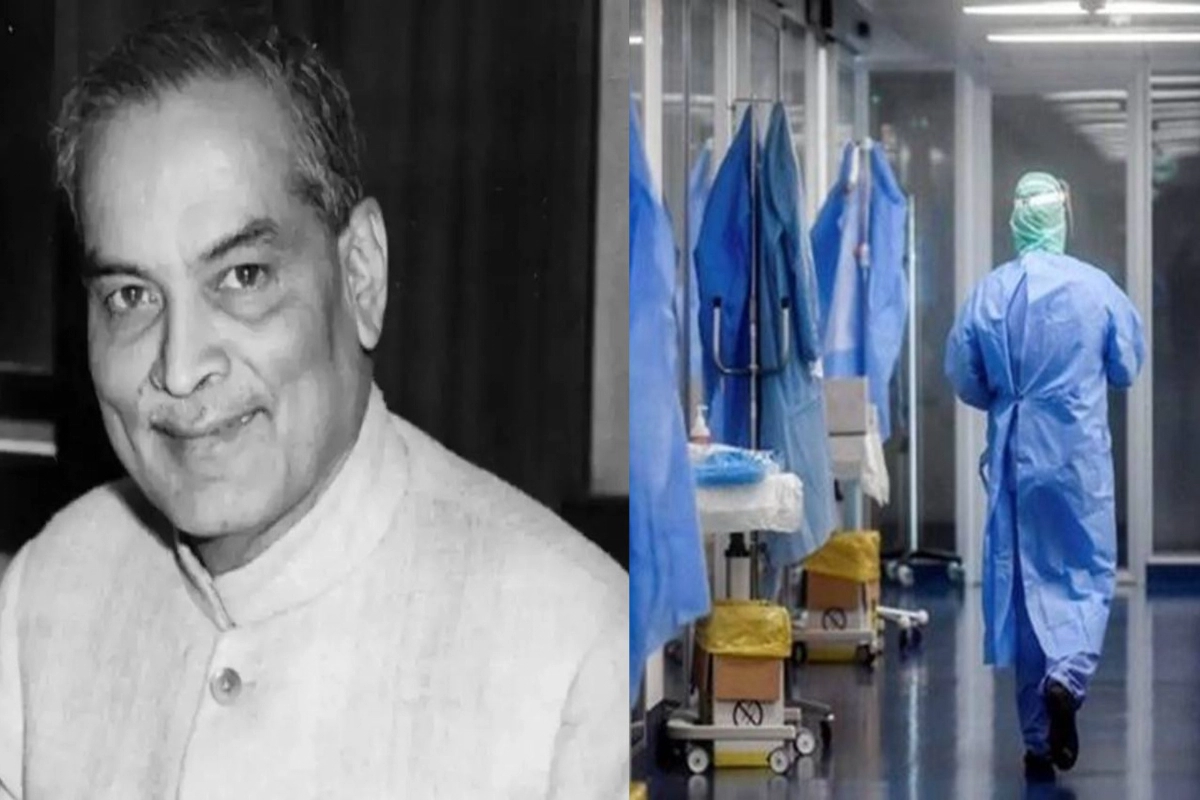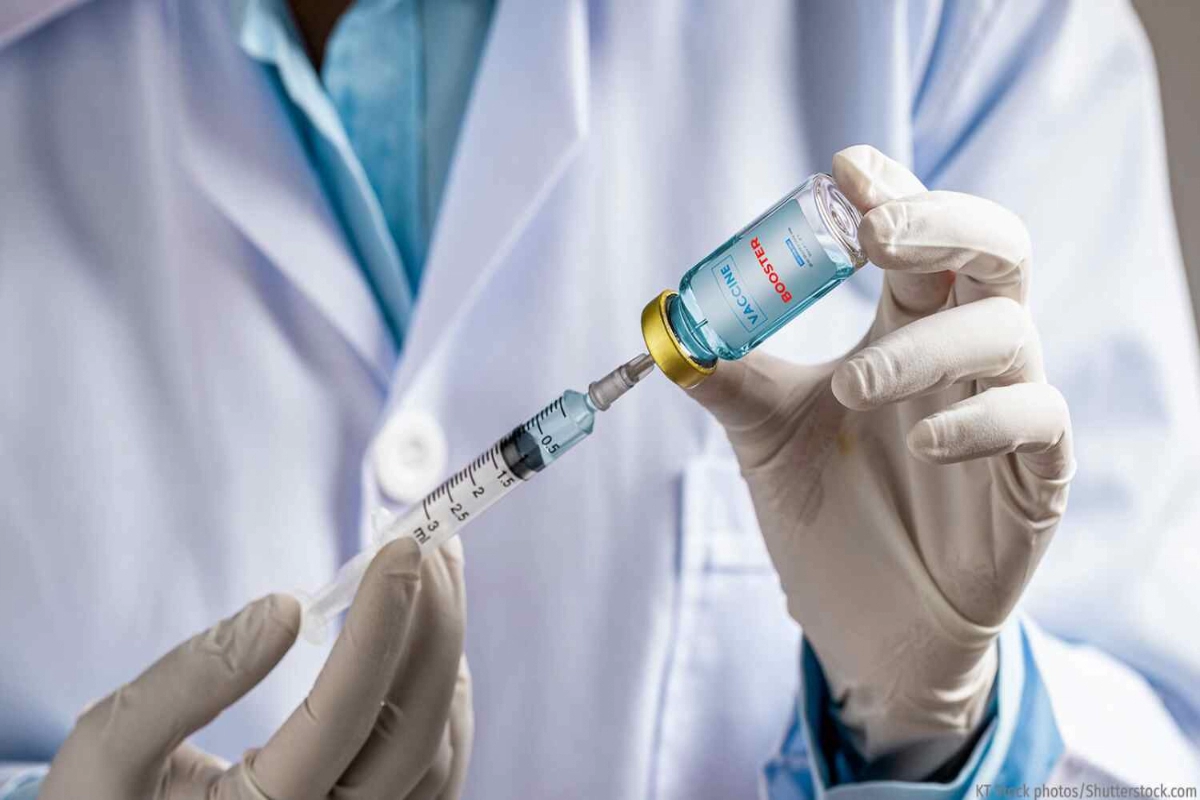A study was done to understand the mechanism of the Covid-19 virus’s transmission from the nose to the throat and to the lower respiratory tract by a team of researchers from the Indian Institute of Technology Madras (IIT-M), Jadavpur University, and Northwestern University in the US.
In order to show how viruses that infect the mucous lining of the respiratory system spread when droplets reach the lungs and lead to serious infections, researchers used mathematical models. The study’s results were released in the open-access journal Frontiers in Physiology.
IIT Madras’s Professor, Mahesh Panchgna said, “We examined the last theory through mathematical modelling of droplets moving from the nose and throat to the deep lungs. Our model showed that pneumonia and other lung distress can occur within 2.5 to 7 days after the first symptoms of a COVID-19 infection occur. This happens when the infected mucous droplets are transported from the nose and throat to the lungs.”
Two major takeaway from the study’s findings are that sneezing and coughing anti depressants can aid in preventing the development of infectious mucus droplets in the nose and throat and their spread to the deep lungs.
According to the study’s findings, it is possible to lessen the spread of virus-infected mucous droplets by avoiding the behaviours that cause them to form in the first place.
For instance, sneezing or coughing might cause droplets of infectious mucous in the throat and nose to fall out.
They stated that giving cough syrup or expectorants is one way to avoid the development of such droplets. In addition to stopping the spread to others, this will stop the emergence of new sources of self-aerosolized droplets that could be ingested and enter the lower respiratory system.
The research also came to the conclusion that immunisation can aid in reducing the onset of pneumonia and other significant lung conditions.
Keep watching our YouTube Channel ‘DNP INDIA’. Also, please subscribe and follow us on FACEBOOK, INSTAGRAM, and TWITTER.












